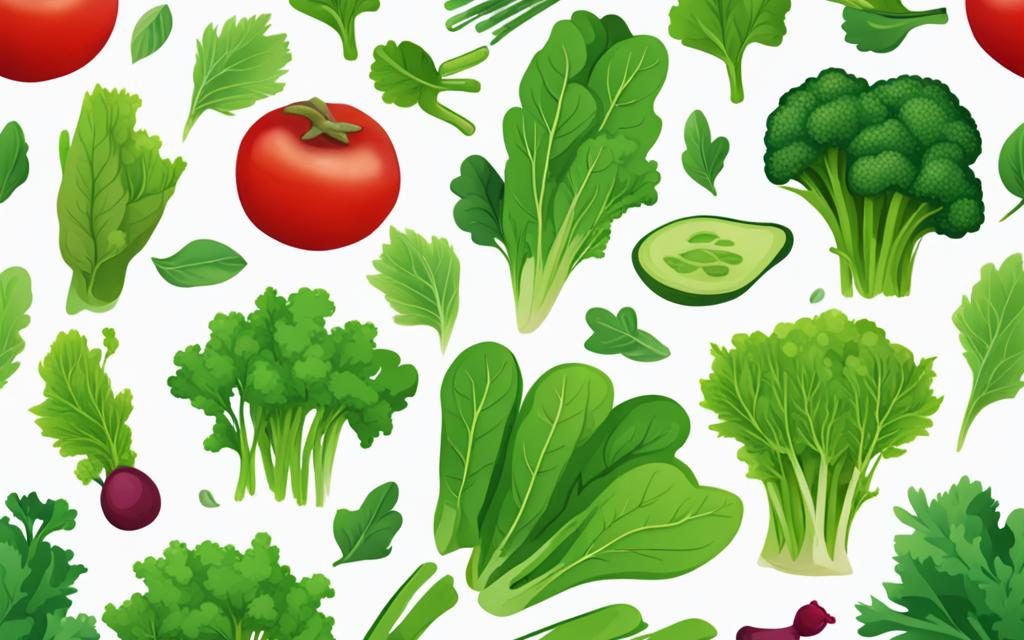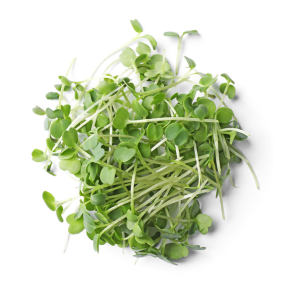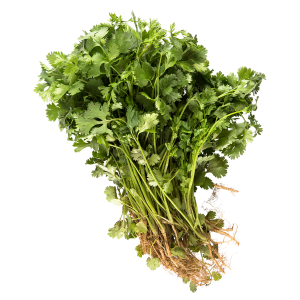Green veggies, especially the leafy kind, such as spinach, arugula, mustard greens, and lettuce, are brimming with essential vitamins, minerals, and dietary fiber. Incorporating a diverse range of these greens into your meals can potentially enhance cognitive function, reduce the risk of cardiovascular diseases, ward off cancer, and regulate blood pressure.
Incorporating these verdant veggies into your daily diet is a surefire way to boost your health. They are not only low in calories but also rich in essential nutrients.
A diet abundant in green vegetables can lead to numerous health advantages, including a decreased risk of obesity, cardiovascular diseases, hypertension, and cognitive decline.
Here’s a rundown of 13 of the most nutritious green vegetables you should consider adding to your meals:
- Kale: Often dubbed a superfood, kale is bursting with vitamins, minerals, and antioxidants. Consuming it raw is the best way to maximize its benefits.
- Microgreens: These tiny greens, harvested from the seeds of various veggies and herbs, are not just for garnishing. They’re nutrient powerhouses, often surpassing their mature counterparts in vitamin content.
- Collard Greens: These broad leaves, akin to cabbage and kale, are a treasure trove of vitamins, especially vitamin K, which plays a pivotal role in blood coagulation and bone health.
- Spinach: A versatile green, spinach can be added to almost anything from smoothies to pastas. It’s especially rich in folate, vital for red blood cell formation.
- Cabbage: Beyond being a staple in many dishes, cabbage, especially when fermented as sauerkraut, offers a host of health benefits, including potential cancer-fighting properties.
- Beet Greens: While beets are nutritious, their leaves are even more so, packed with vitamins and antioxidants that support eye health.
- Watercress: This aquatic plant, with a slightly spicy flavor, has been linked to numerous health benefits, though more research is needed to confirm its medicinal properties.
- Romaine Lettuce: More than just a salad base, romaine lettuce is rich in vitamins, and studies suggest it might have heart-healthy benefits.
- Swiss Chard: With its vibrant stems and dark leaves, Swiss chard is not only visually appealing but also nutritionally rich, especially in syringic acid, which may help regulate blood sugar.
- Arugula: Also known as rocket, this peppery green is a nitrate-rich vegetable that may support vascular health.
- Endive: This curly vegetable, with its unique nutty flavor, is a lesser-known green but is rich in nutrients and antioxidants.
- Bok Choy: A staple in Asian cuisine, bok choy is a good source of selenium, essential for cognitive function, immunity, and thyroid health.
Green vegetables are nature’s multivitamins. Available throughout the year, they can be effortlessly added to various dishes. To harness the full spectrum of health benefits offered by these greens, aim to diversify the types you consume regularly.















